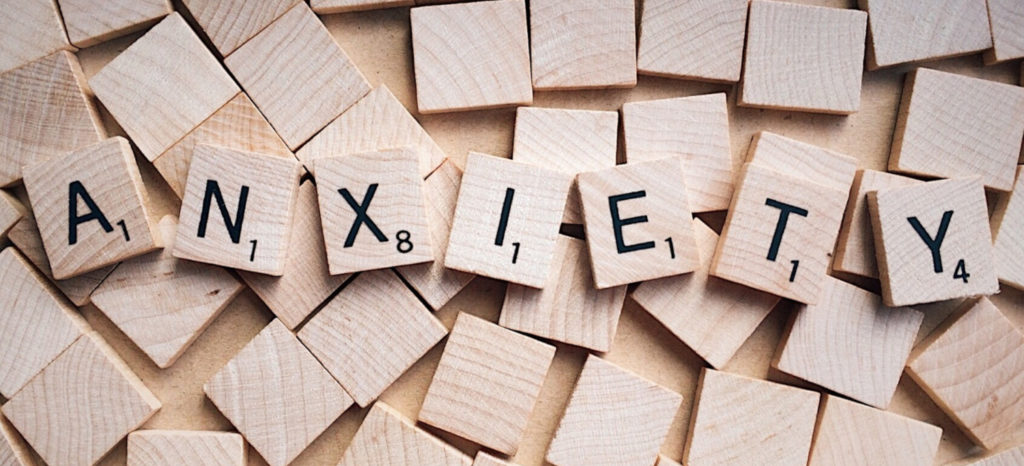Ask any educator, guidance counselor, local therapist or parent and they will tell you the same thing — the rise in anxiety and depression among young people is alarming.
At first glance, this is puzzling. I can hear my grandpa’s voice in my head saying, “What, exactly, do kids these days have to be anxious about?” And it is true in some sense. Compared to my grandfather’s generation most of the young people I know are better off financially, have more gadgets, are in better physical health, are safer, and have parents that are invested in their lives. And yet, kids suffer from much higher rates of anxiety and depression. What’s going on here?
William Stixrud and Ned Johnson argue in their new book, The Self-Driven Child, that the rise in anxiety and depression is directly tied to the loss of autonomy and sense of control our young people have over their lives. And it is not just young people who suffer. Feeling like your life is out of your control is an anxiety-producing experience for adults as well as children. This is a very basic and fundamental truth and it’s also not limited to humans. If you’ve ever seen a caged lion pacing back and forth — that’s stress and anxiety. If you’ve ever seen other animals that are denied the ability to engage in their natural behaviors stop eating or show no interest in pro-creating, there’s a good chance that’s depression. In those cases it’s obvious what the problem is — the cage. What about with our kids?
For young people in 2018 the cage is not literal, but can feel just as confining. How much time during a typical kid’s day are they being directed, supervised, checked on, organized or prodded by an adult? Whether it is at school where their main task is to be where they are supposed to be, doing what they are supposed to be doing, or in their life outside of school where they are shuttled from one adult-led activity/lesson/game/practice/play-date to another, there’s not a lot of autonomy. This is an observation more than a criticism. I have two young children of my own and the pull towards safety, protection, making sure our kids don’t suffer and have a good experience is a powerful force.
We’ve given a name to this impulse to be involved, offer protection and help our children in every situation — “helicopter parenting” — always hovering, ready to jump in at the first sign of trouble. While this constant supervision can be reassuring to the adults, the lack of autonomy is ultimately harmful to our children. Doing things on your own, figuring things out, having problems and working through them and asking for help when you need it, is how children learn to become competent adults. By constantly intervening, we are taking away opportunities for young people to be in charge of their own life and to develop a sense of control, which is a major factor in reducing anxiety.
Whether it is the free play movement, the “free-range parenting” movement, or the Self-Directed Education movement where I am involved at Princeton Learning Cooperative, more and more adults are starting to recognize the value of autonomy for children.
[Photo credit: Image by Wokandapix, on Pixabay, CC0]